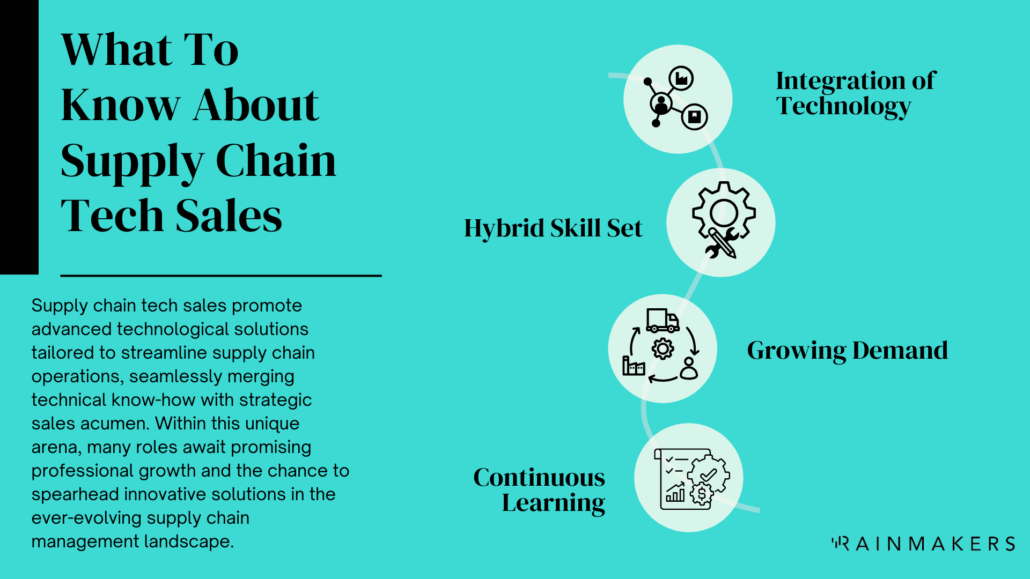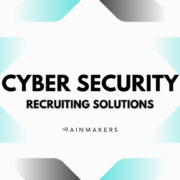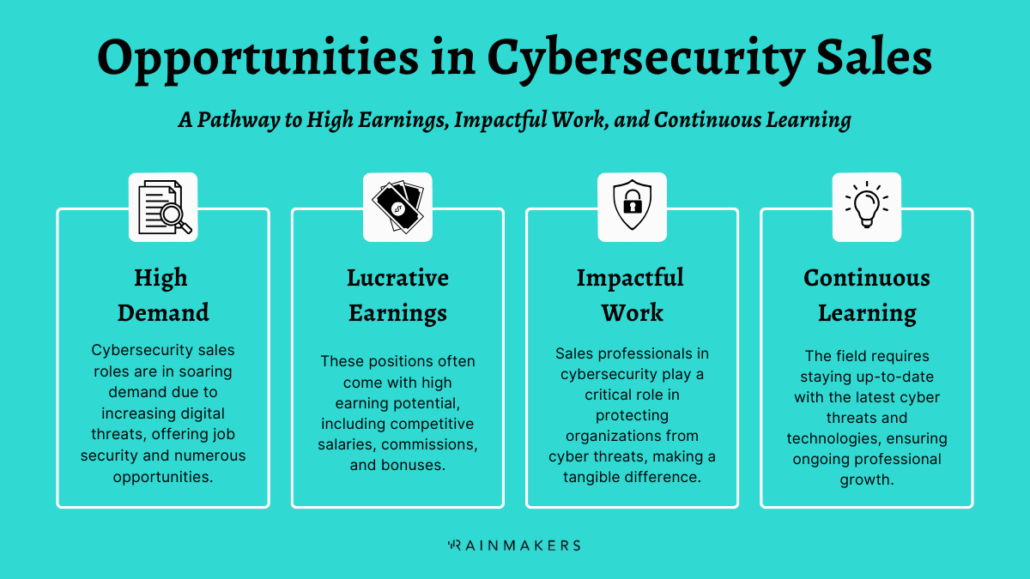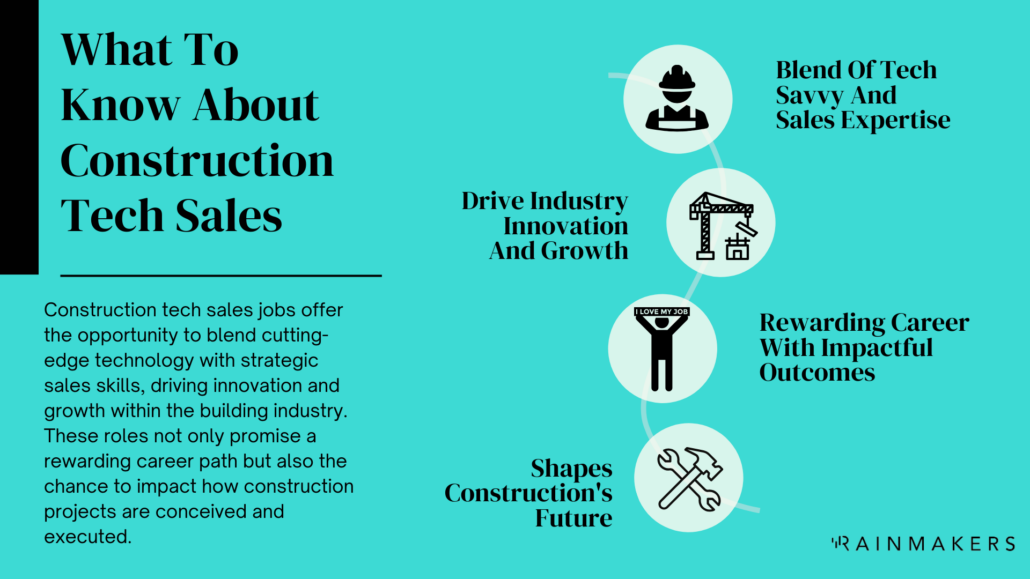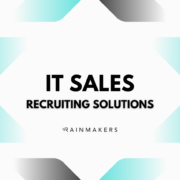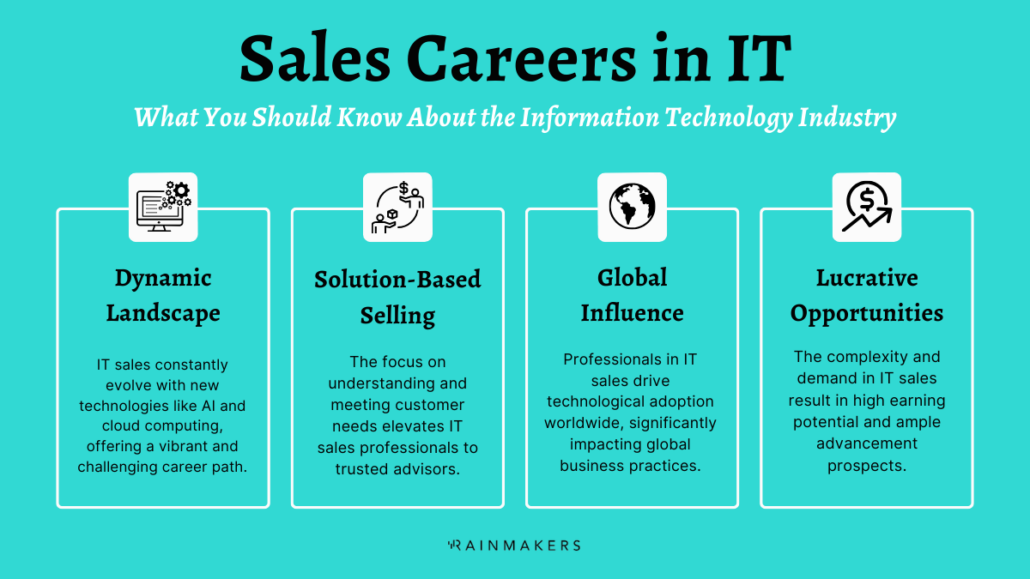TL;DR: By strategically hiring for remote FinTech sales teams in emerging U.S. markets like Raleigh, Salt Lake City, Austin, and Denver, fintech companies can cut compensation costs by 20–35% compared to major markets like New York and San Francisco. Remote flexibility unlocks access to high-caliber reps who prefer cost-effective, lifestyle-friendly locations.
Why Fintech Sales Thrives in a Remote-First World
Fintech sales requires more than charisma. It demands reps who can explain complex products, navigate regulatory nuances, and build long-term trust with buyers. These are high-performance, consultative roles—yet they don’t require a daily presence in a Manhattan or Silicon Valley office. Remote work makes it possible to recruit top talent nationwide, while aligning comp with cost-of-living realities. Fintech Sales in U.S. Emerging Markets enable companies to reach wider talent pools.
The Emerging Sales Hubs Saving Fintechs Millions
The Cost Advantage
According to the 2025 Sales Compensation Report, hiring for fintech sales teams in emerging markets can save:
- 25–30% less in AE compensation in cities like Raleigh, Salt Lake City, and Denver versus New York or San Francisco.
- 20–35% less on total comp packages across SDR, AE, and CSM roles in Austin and Charlotte compared to coastal hubs, highlighting the importance of Fintech Sales in U.S. Emerging Markets.
This means that for every five reps hired in an emerging market, you could afford to hire an additional team member—or reinvest savings into sales enablement, tech stack, or incentive bonuses.
Where to Hire and Why
Raleigh, NC
Ideal for enterprise fintechs and regtech products. Strong educational pipelines and a concentration of healthcare and finance enterprises make this a top market for consultative sellers.
Austin, TX
A hybrid haven for fintech startups, Austin’s culture attracts technical and product-savvy sales professionals who’ve migrated from the Bay Area. It’s particularly well-suited for SDR pods and early-stage GTM builds.
Salt Lake City, UT
An underrated hub for payments and lending fintechs. Salt Lake’s talent pool is strong in outbound sales and partnerships, supported by a thriving B2B SaaS community and well-suited for fintech sales teams in emerging markets, essential for Fintech Sales in U.S. Emerging Markets.
Denver, CO
Great for national coverage and customer success roles. Its central time zone and high quality of life draw experienced sellers and mid-level leaders alike, reinforcing Fintech Sales in U.S. Emerging Markets.
Why Lower Costs Don’t Mean Lower Talent
Here’s the real opportunity: with location flexibility, you can now recruit premium talent who’ve voluntarily left high-cost metros for lifestyle and affordability. Many of these sellers bring big-market experience but now prefer Raleigh to Brooklyn, or Salt Lake over Palo Alto.
Remote hiring also enables:
- Wider funnel access: You’re no longer limited to 10-mile radiuses around HQs.
- Higher acceptance rates: Reps in emerging markets often view your offer as top-tier within their region, improving close rates and loyalty.
- Team diversity: Hiring for fintech sales teams in emerging markets brings regional perspectives and broader customer insight.
Best Practices for Building Your Team Remotely
1. Structure Hiring by Region
Place SDRs in outbound-focused hubs like Austin, AEs in consultative metros like Raleigh, and CSMs closer to client concentrations. Align roles with the strengths of each geography.
2. Standardize Training and Tools
Equip remote hires with consistent onboarding, compliance education, and enablement tools. Use LMS platforms, video libraries, and clear playbooks to maintain performance parity.
3. Offer Regional Incentives
Tailor perks—like co-working stipends or quarterly travel budgets—to help your remote team feel connected and motivated, without needing full-scale office space.
Final Takeaway
Building fintech sales teams in emerging markets in 2025 no longer means crowding everyone into Manhattan or the Bay Area. By leveraging emerging markets, you unlock a triple win: lower costs, broader reach, and access to elite remote talent. Fintech Sales in U.S. Emerging Markets isn’t just cheaper—it’s smarter.
Rainmakers’ platform can host vetted sales candidates in emerging markets just for you. Interested in learning more. Reach out to us here.










